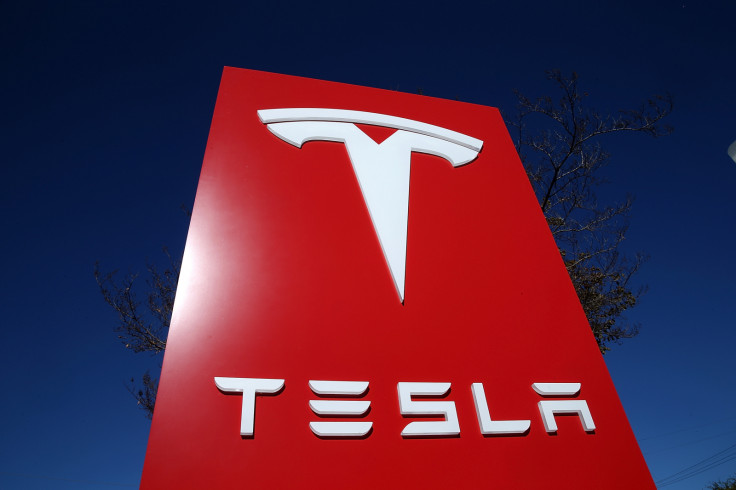Tesla faces 'most difficult logistics problem,' loses $702M in Q1
Infuriating logistics problems pummel Tesla's sales during the first quarter of 2019.
Tesla's intractable logistics problem, which means it makes cars only in the United States for shipment to the entire world, badly dented its fiscal first quarter results released Wednesday.
The world's leading maker of electric vehicles (EVs) reported a loss of $702 million in the first quarter of 2019 after recording back-to-back profits for the first time during the third and fourth quarters of 2018. The loss was the company's fourth-worst quarterly loss since becoming a publicly traded firm in 2010, and was also far larger than analysts' estimates.
That Tesla was headed for a bad Q1 was first revealed in late February when Tesla CEO Elon Musk predicted the company would slide back into the red in the first quarter. This has come to pass but in the worst possible way.
"Everyone expected a Q1 loss for Tesla, but nobody expected it to be this big," said Karl Brauer, executive publisher at Kelley Blue Book and Autotrader. Tesla's fiscal first quarter starts January.
Tesla's earnings statement reported $4.5 billion in revenue for the quarter. This amount is 38 percent lower than the $7.2 billion in Q4 2018, but a 74 percent jump from $2.6 billion in Q1 2018.
Tesla's Q1 revenue missed analysts' average expectations of $4.84 billion, according to Bloomberg data. Tesla posted an adjusted loss per share of $2.90 for Q1. This was wider than the $1.30 loss per share consensus analysts were expecting, according to Bloomberg. Tesla lost an adjusted $3.35 per share in Q1 2018.

Ahead of Wednesday's report, analysts polled by FactSet expected a consensus adjusted loss of $1.15 per share. Estimize posted a smaller 78 cent loss per share estimate. In the event, both were way off the mark.
Tesla ended Q1 2019 with $2.2 billion in cash on hand, a decrease of $1.5 billion from the end of 2018. Of this total, $768 million represented customer deposits for EVs like the Model 3, Model Y, the second generation Roadster, Tesla Semi, and the company's Powerwall energy equipment.
Musk can explain Tesla's Q1 travails in one word -- logistics.
On a call with investors Wednesday, Musk bewailed the difficulties of shipping three cars globally from one factory, which he said slammed the first quarter results.
"This is the most difficult logistics problem I've ever seen, and I've seen some tough ones," he said.
CFO Zach Kirkhorn called the logistics nightmare "one of the most complicated quarters that I can think of in the history of the company."
Tesla said it now expects to deliver 90,000 to 100,000 EVs in the second quarter of this year. It said it had delivered 63,000 vehicles in Q1 compared to 90,000 in Q4 2018.
Tesla previously said the large reduction in deliveries during Q1 2019 was caused by the challenge of delivering the Model 3 to Europe and China. The company delivered 1,550 Model 3s in 2017 to 140,000 in 2018, an incredible feat that stretched its logistics capabilities to the limit.
The EV leader said that as the impact of higher deliveries and cost reduction take full effect, "we expect to return to profitability in Q3 and significantly reduce our loss in Q2."
It reiterated its previously issued guidance that projects from 360,000 and 400,000 total vehicle deliveries in 2019, which will mean an increase of 45 percent to 65 percent compared to 2018.
This article originally appeared in IBTimes US.
This article is copyrighted by International Business Times, the business news leader





















